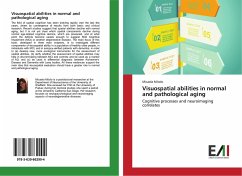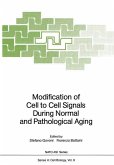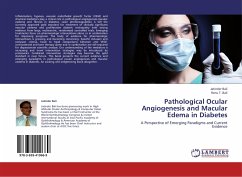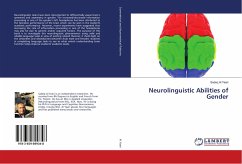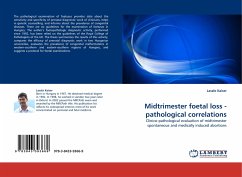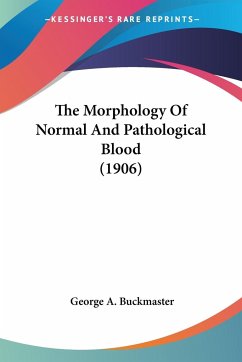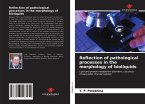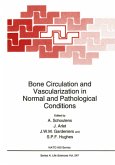The field of spatial cognition has been evolving rapidly over the last few years, driven by convergence of results from both basic and clinical research. Recent studies suggest that spatial abilities decline with normal aging, but it is not yet clear which spatial components decline during normal age-related cognitive decline, which are preserved, and at what point the deficits become severe enough to suggest Mild Cognitive Impairment (MCI) or another degenerative disease. The main focus of this book, developed in three main chapters, is to investigate different components of visuospatial ability in a population of healthy older people, in individuals with MCI, and in autopsy-verified patients with dementia, in order to (a) develop new, more ecological instruments for the assessment of spatial abilities, (b) verify whether the assessment of spatial abilities may help in discriminating between MCI and controls and be used as a marker of AD, and (c) be used in differential diagnosis between Alzheimer's Disease and Dementia with Lewy bodies. All these evidences support the main idea that visuospatial evaluation should have a greater role in normal and pathological aging.
Bitte wählen Sie Ihr Anliegen aus.
Rechnungen
Retourenschein anfordern
Bestellstatus
Storno

